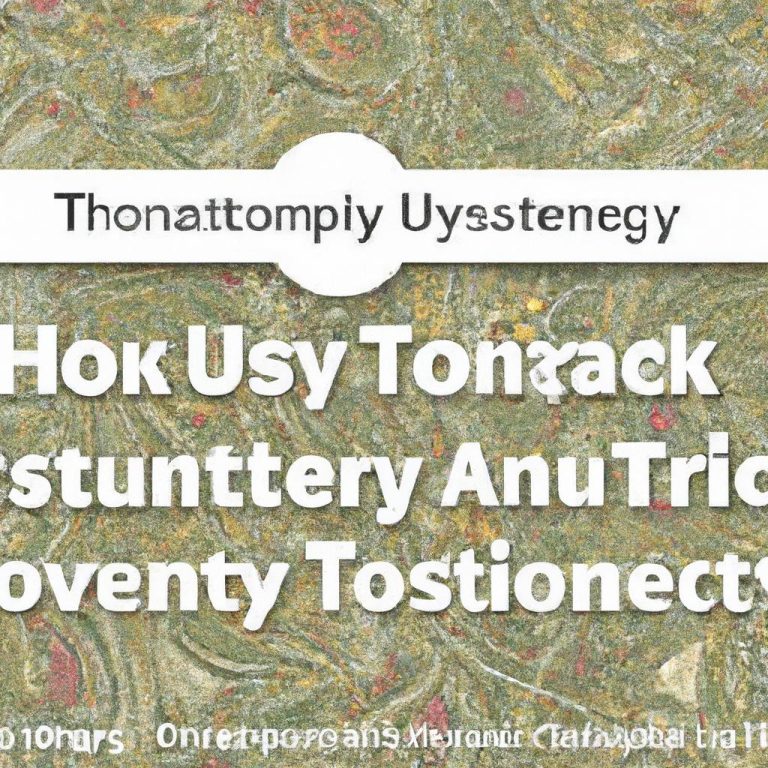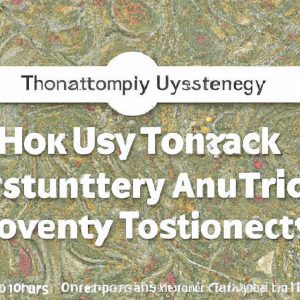The Expenses Involved in Property Transfer to a Trust
Opting to transfer a property into a trust can be a smart financial move with various perks, including bypassing probate, minimizing estate taxes, and ensuring a seamless asset transfer to beneficiaries. However, individuals often wonder about the costs associated with establishing a trust and transferring their property into it. This article delves into the different expenses linked to property transfer into a trust and offers valuable insights for those contemplating this route.
Exploring the Cost of Property Transfer to a Trust
The expenses tied to transferring a property into a trust can vary based on factors like the trust’s complexity, property value, and legal fees. Here are some common costs you might encounter during the property transfer process:
Legal Expenses
One of the primary costs of setting up a trust and transferring a property into it is legal fees. Engaging an attorney to draft trust documents, review property titles, and ensure proper ownership transfer can range from a few hundred to several thousand dollars.
Recording Charges
When transferring a property into a trust, updating the property title with the county recorder’s office is necessary. This step typically incurs recording fees, which can vary depending on the property’s location.
Transfer Taxes
Some states may levy transfer taxes when a property is transferred into a trust. These taxes are usually calculated based on the property’s value and can range from a few hundred to several thousand dollars.
Advantages of Property Transfer to a Trust
Despite the costs associated with property transfer to a trust, the benefits outweigh the expenses. Key advantages of establishing a trust include:
- Probate Avoidance: Assets in a trust bypass probate, saving time and money for beneficiaries.
- Privacy: Trusts are private documents not subject to public disclosure, unlike wills that undergo probate court and public scrutiny.
- Asset Protection: Trusts safeguard assets from creditors and lawsuits, ensuring intended inheritances for beneficiaries.
Practical Guidelines for Property Transfer to a Trust
When transferring a property into a trust, it’s crucial to adhere to these practical tips for a smooth and cost-effective process:
- Select the appropriate trust type for your requirements, such as a revocable living trust or an irrevocable trust.
- Seek advice from a seasoned estate planning attorney to draft trust documents and navigate the transfer process.
- Thoroughly review the property title to confirm the absence of liens or encumbrances that could complicate the transfer.
In Conclusion
Transferring a property into a trust presents numerous advantages and helps secure assets for future generations. While there are costs involved in trust establishment, the long-term benefits make it a worthwhile investment. By understanding the expenses linked to property transfer to a trust and following practical guidelines, you can confidently navigate the process with peace of mind.
Unlocking the Costs: What You Need to Know to Transfer Property into a Trust
The Basics of Transferring Property into a Trust
Transferring property into a trust is a common estate planning strategy that can help avoid probate and streamline the transfer of assets to beneficiaries. However, there are costs associated with setting up and maintaining a trust that you need to be aware of before moving forward.
Understanding the Costs
When transferring property into a trust, there are several costs to consider, including:
- Legal fees for creating the trust document
- Transfer taxes, if applicable
- Appraisal fees for valuing the property
- Recording fees to update property titles
- Trustee fees for managing the trust
Benefits of Transferring Property into a Trust
While there are costs involved, there are also numerous benefits to transferring property into a trust, including:
- Avoiding probate, which can be time-consuming and costly
- Protecting assets from creditors and lawsuits
- Providing for minor or incapacitated beneficiaries
- Maintaining privacy, as trusts are not public record like wills
Practical Tips for Transferring Property into a Trust
Here are some tips to make the process of transferring property into a trust smoother and more cost-effective:
- Choose the right type of trust for your needs
- Ensure that all assets are properly titled in the name of the trust
- Update the trust document as needed to reflect changes in assets or beneficiaries
- Work with an experienced estate planning attorney to guide you through the process
Case Study: The Smith Family Trust
Let’s take a look at a real-life example of a family transferring their property into a trust:
| Asset | Cost |
|---|---|
| Family Home | $500,000 |
| Investment Portfolio | $250,000 |
| Total | $750,000 |
In this case, the Smith family decided to transfer their family home and investment portfolio into a trust to ensure a smooth transfer of assets to their children upon their passing. While there were initial costs involved in setting up the trust, they felt it was a worthwhile investment to avoid probate and protect their assets.
First-Hand Experience
As someone who has gone through the process of transferring property into a trust, I can attest to the peace of mind it brings knowing that my assets are protected and will be passed down to my loved ones seamlessly. While there are costs involved, the benefits far outweigh the initial investment.
Conclusion
Transferring property into a trust is a strategic financial move that can benefit you and your loved ones in the long run. By understanding the costs involved, the benefits of a trust, and following practical tips, you can ensure a smooth transition of assets and peace of mind for the future.
The post Unlocking the Costs: What You Need to Know to Transfer Property into a Trust appeared first on lawyer.bet.



